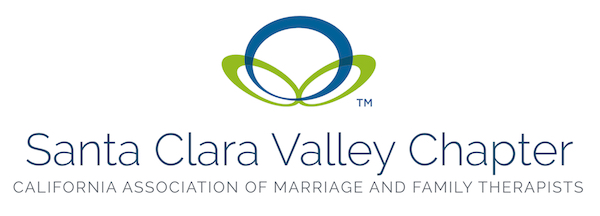Is your practice of psychotherapy hazardous to your family? Does your work interfere with your family life — or is your family fortunate to have the benefit of your knowledge in affective, cognitive and behavioral domains? How does your being a therapist influence your personal life?
Although we have skills and expertise that can be very helpful in our personal relationships, being a psychotherapist does not guarantee that we will be an effective parent or a supportive spouse. When we are distressed, our families may be adversely affected. “Hazards” of our profession, which can be harmful to our families, include:
Treating Family Members as Patients
The therapist who is always rational and understanding may appear distant and uninvolved. The use of jargon or labeling can be injurious; for example, children who are often called “accident prone” may internalize this label as part of their self-concept. Although our skills may tempt us to offer unasked for insights, family members may not appreciate intrusion through unsolicited interpretations. Such gratuitous comments can lead to a suppression of spontaneity or excessive self-consciousness in family members. Or family members may come to expect us to know what they are feeling whether or not they express it openly.
Emotional Exhaustion: The therapist who comes home emotionally drained may be insensitive to family concerns which seem “small” or trite when compared to the “larger problems” of patients. Family members may feel excluded or inferior when they sense that patients receive caring attention, patience and courtesy that is not forthcoming at home. This can lead to jealousy.
Jealousy: Children or spouses may say “You talk to so many other people, you have nothing left for me when you get home.” Family members may feel that they get our full attention only if they have engaging problems.
Demeaning Tales: Some therapists share tales about their work at the dinner table. If the anecdotes are not respectful of patients, family members may worry about being demeaned themselves.
Resistance to Treatment: When we need family or couple therapy, we may create obstacles to the healing process through avoiding treatment or attempting to be a co-therapist rather than a participant in the therapy.
Advantages for the Family
Our backgrounds and skills in human relations can be a solid asset in our personal lives. As psychotherapists we have the potential to be very good parents and spouses. When we pay attention to our own stress levels and attend to our own psychological fitness, our professional training can enhance the well-being of our loved ones. We can contribute through our:
Knowledge: Our knowledge of emotional, cognitive and behavioral domains can be used in a caring way to recognize and attend to the needs of our families. We may be able to understand and facilitate the delicate balance of dependence and independence that is at the forefront during adolescence — or we may be able to help a spouse who is struggling with an aging parent.
Training and Practice: Our training, with its emphasis on empathy, communication, and self-awareness can provide the foundation for becoming a more effective parent and a more sensitive, attentive spouse.
Psychological Awareness: As a psychologically aware parent or spouse we can help family members attune to their own inner lives and thereby enhance the quality of life of the entire family.
Cautious Spontaneity: Spontaneous responses can be engaging — as long as they are not “impulsivity masquerading as spontaneity.” When we are comfortable with our feelings, we can play with our children and spouses and enjoy spontaneous expressions of humor, affection or even occasional irritation.
Positive Tales: When we can share anecdotes that show affection, hope, compassion and good will toward our patients and their struggles, our family members can benefit and we have an opportunity to relieve the loneliness of our profession. Family members learn about the diversity of people’s problems and they may become more reflective and understanding in their own relationships. When we use our psychological skills cautiously and respectfully, we can create a “home environment where empathy, compassion and connections are the rule... Both spouses and children of these (psychotherapists) are likely to trust that caring connections can heal, and that relationships are crucial for growth and emotional prosperity.”
Dr. Zur is a clinical psychologist.
Published and revised with permission from CLASP (Colleague Assistance and Support Program). Previously published in the California Psychologist in October 1996.
